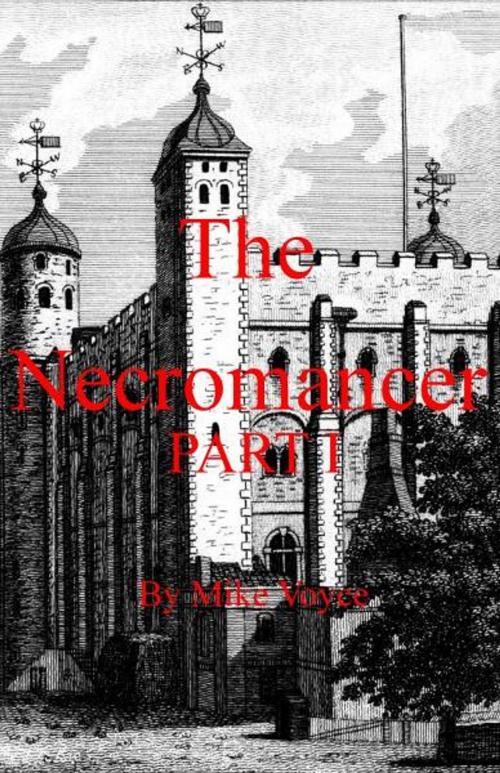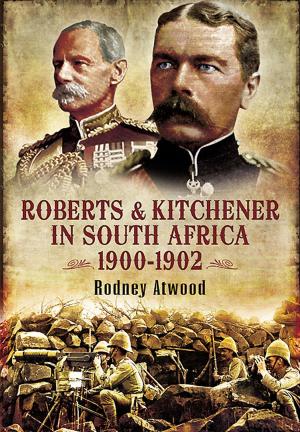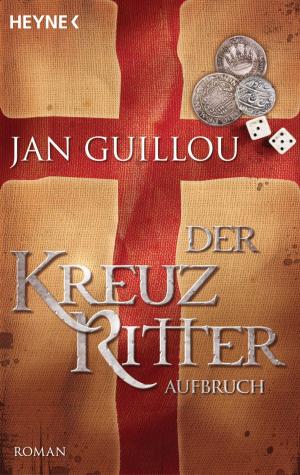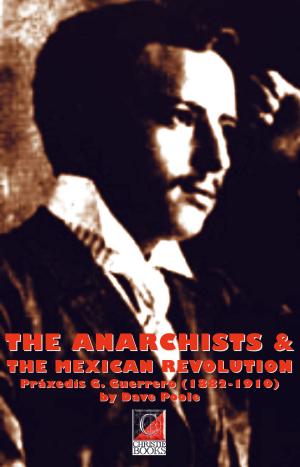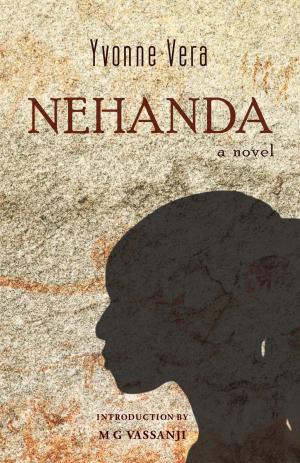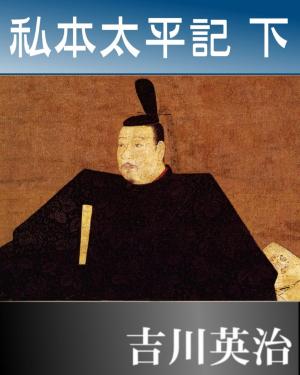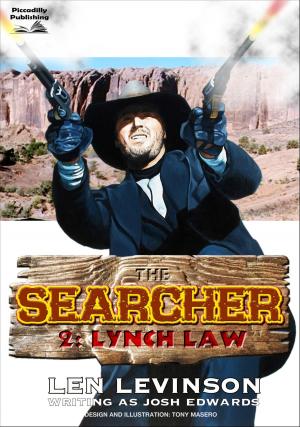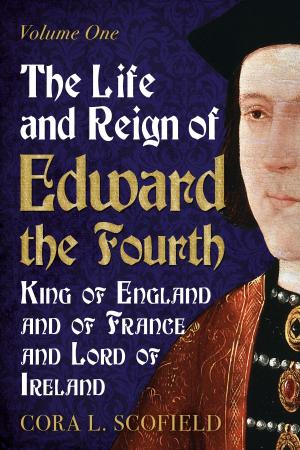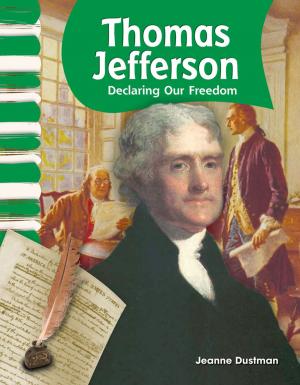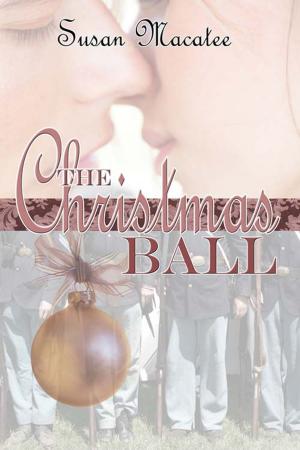| Author: | Mike Voyce | ISBN: | 9781476463537 |
| Publisher: | Mike Voyce | Publication: | August 6, 2012 |
| Imprint: | Smashwords Edition | Language: | English |
| Author: | Mike Voyce |
| ISBN: | 9781476463537 |
| Publisher: | Mike Voyce |
| Publication: | August 6, 2012 |
| Imprint: | Smashwords Edition |
| Language: | English |
Shakespeare called his play ‘Richard III’ a tragedy. Its centre is the disappearance of 12 year-old Prince Edward and 10 year-old Prince Richard, the sons of King Edward IV, from the care of their uncle, King Richard III. Shakespeare and history accuse Richard of murdering the Princes, within months of their father’s death, in April 1483, but in each century since, starting in the 1490s, there have been dissenting voices.
By 2012 many millions of words have been written about what happened to the Princes, yet no-one has ever offered a satisfactory or complete explanation, at least not until now. The problem with the explanation is it has magic at its heart, the magic of the necromancer, and historians won’t allow themselves to believe in magic.
Amongst all the fantasy of Horror and Sci-Fi on our bookshelves there is room for a little medieval High Magic; the more so since it may be true.
The author and narrator does undertake psychic investigations, as mentioned in the book. The Arthur Findlay College at Stansted Hall, where the story opens, is a World centre for psychic studies and mediumship. Does it matter whether The Necromancer is a true story or fiction? If you accept there is no such thing as ‘single-pointed reality,’ there are many different realities, that miracles and other impossibilities are a good deal more common than people think, and that what people believe is what really matters; you may conclude simply The Necromancer is a good story.
Because this is an interactive eBook you have free access to the full text of three important books of history, not to mention the Odyssey, two major books on magic and many other materials. In all there are 54 hyperlinks to relevant pages on the Internet.
Leave historical authority and extended backgrounds to the hyperlinks. They allow you and the author to get on with the story in all its twists and turns. The strengths and weaknesses of historical figures are shown; the character of the little known Thomas Nandyke, the necromancer, is brought to light and brought to life.
If you’re hooked, and you will be, Parts II & III go on to put right the world we live in, they deal with King Louis XI and bishop Morton; Part III restores Hastings and Rivers, not to mention the Princes, of whom there are three, including Richard III’s own son.
As is usual with Mike Voyce, this story stands on the boundary between Truth and Fiction; it’s as true as you want it to be. If you take the insights into the nature of realities, the ‘After Word on Truth,’ right at the very end of the whole book, will clear the mists which still seem to cloud our own world.
Shakespeare called his play ‘Richard III’ a tragedy. Its centre is the disappearance of 12 year-old Prince Edward and 10 year-old Prince Richard, the sons of King Edward IV, from the care of their uncle, King Richard III. Shakespeare and history accuse Richard of murdering the Princes, within months of their father’s death, in April 1483, but in each century since, starting in the 1490s, there have been dissenting voices.
By 2012 many millions of words have been written about what happened to the Princes, yet no-one has ever offered a satisfactory or complete explanation, at least not until now. The problem with the explanation is it has magic at its heart, the magic of the necromancer, and historians won’t allow themselves to believe in magic.
Amongst all the fantasy of Horror and Sci-Fi on our bookshelves there is room for a little medieval High Magic; the more so since it may be true.
The author and narrator does undertake psychic investigations, as mentioned in the book. The Arthur Findlay College at Stansted Hall, where the story opens, is a World centre for psychic studies and mediumship. Does it matter whether The Necromancer is a true story or fiction? If you accept there is no such thing as ‘single-pointed reality,’ there are many different realities, that miracles and other impossibilities are a good deal more common than people think, and that what people believe is what really matters; you may conclude simply The Necromancer is a good story.
Because this is an interactive eBook you have free access to the full text of three important books of history, not to mention the Odyssey, two major books on magic and many other materials. In all there are 54 hyperlinks to relevant pages on the Internet.
Leave historical authority and extended backgrounds to the hyperlinks. They allow you and the author to get on with the story in all its twists and turns. The strengths and weaknesses of historical figures are shown; the character of the little known Thomas Nandyke, the necromancer, is brought to light and brought to life.
If you’re hooked, and you will be, Parts II & III go on to put right the world we live in, they deal with King Louis XI and bishop Morton; Part III restores Hastings and Rivers, not to mention the Princes, of whom there are three, including Richard III’s own son.
As is usual with Mike Voyce, this story stands on the boundary between Truth and Fiction; it’s as true as you want it to be. If you take the insights into the nature of realities, the ‘After Word on Truth,’ right at the very end of the whole book, will clear the mists which still seem to cloud our own world.
